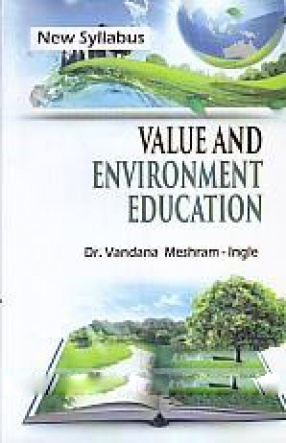
Educational Publishers & Distributors

43 books





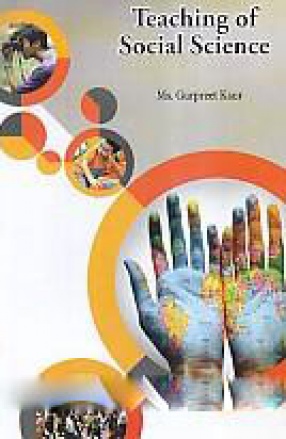
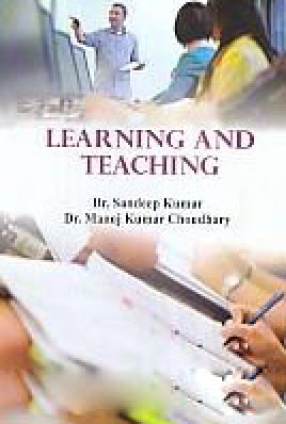


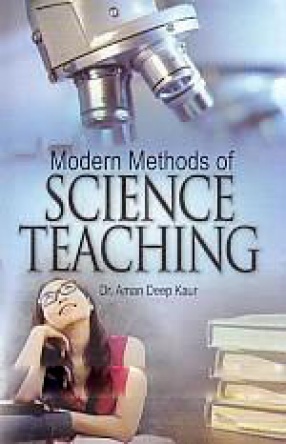

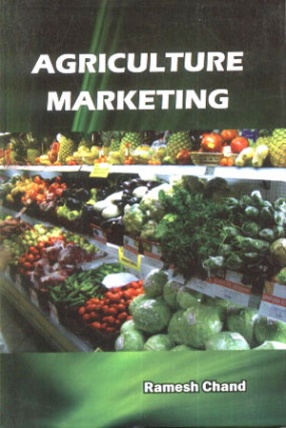
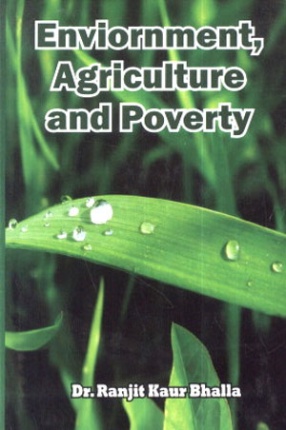

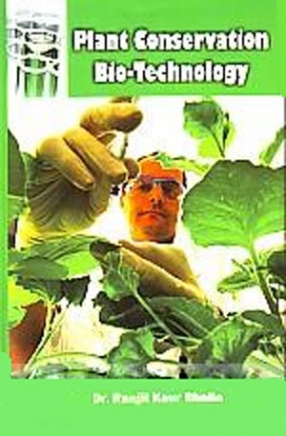
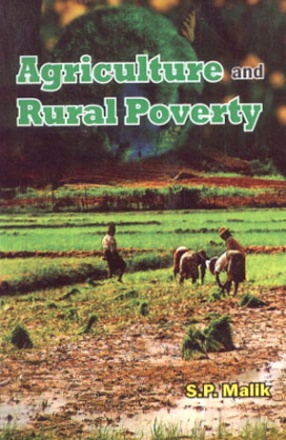
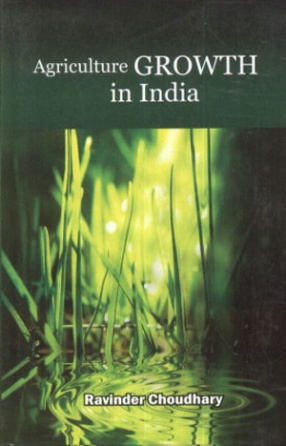
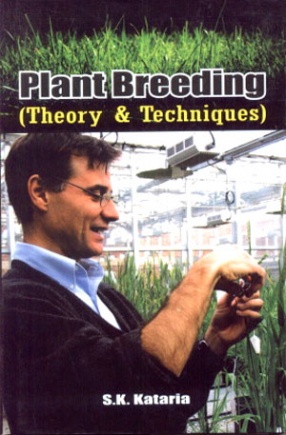
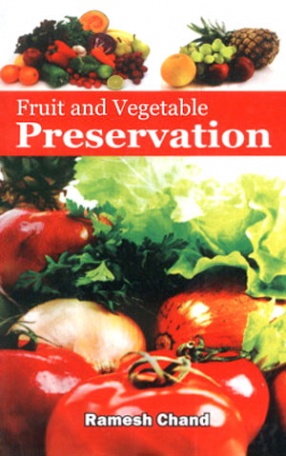
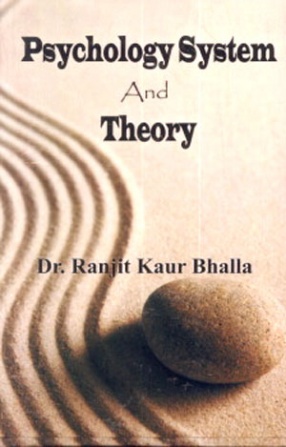













Biotechnology is a relatively recent term that appeared for the first time around 1960. Its origin is the Greek word Bio meaning life, and Technology, which appeared in the French language in 1656 meaning the study of tools, machines and raw materials. Although the etymology is fairly precise, its definition is a little more wide-ranging, and even subjective at times. The use of living organisms and their products for commercial purposes is a broad definition. ...

In countries like India, strengthening of agriculture is critical for facing the challenges of rural poverty, food insecurity, unemployment and sustainability of natural resources. But, there is a need to redefine agriculture as the science and practice of activities relating to production, processing, marketing, distribution, utilization and trade of food, feed and fibre, which implies that agricultural development strategy must address not only farmers but also ...

Agriculture can either sustain or degrade the environment. The Millennium Ecosystem Assessment has documented agriculture’s main negative effects on land and freshwater, as well as the importance of agricultural landscapes in providing products for human sustenance, supporting biodiversity and maintaining ecosystem services. Agricultural biodiversity refers to the variety of living species that are important to agriculture. It comprises the diversity of ...

Agriculture is the world's largest industry, and with population growth leading to increasing basic protein requirements and economic growth fueling higher rates of per capita consumption, there is a great need for an ever more productive agriculture that protects and promotes environmental integrity rather than degrades it. The cropping pattern in India is fast changing, particularly towards export-oriented, value-added, crops mainly major spices, fruits, ...


Recent years have seen the development of an extensive and disquieting literature on trends in rural poverty in in and their relationship to agricultural growth. A recurring theme in much of this literature is that agricultural growth has been accompanied by a steady deterioration in distributional terms, involving not only an increase in relative inequality but also an increase in absolute impoverishment Indeed, it is argued that these trends are the natural ...

India’s record of progress in agriculture over the past four decades has been quite impressive. The aggressive sector has been successful in keeping pace with rising demand for food. The contribution of increased land area under agricultural production has declined over time and increases in production in the past two decades have bee almost entirely due to increased productivity. Contribution of agricultural growth to overall progress has been widespread. ...

Plant breeding and genetics are fundamental to a secure and abundant supply of food, feed, fibers for clothing and shelter, and biomass for conversion into renewable energy. Research in this area in the Department of Agronomy involves broad and extensive activities and collaborations, including: education and hands-on research development for students for BS, MS and PhD degrees, and postdoctoral training; research interactions collaborations with federal ...

All living creatures, including humans, depend on nature for their food. Humans are not only hunters and gatherers, but also farmers. We live from hunting and fishing, agriculture and animal husbandry. Most of our food consists of agricultural products, which are usually seasonal and spoil quickly. To make food available throughout the year, humans have developed methods to prolong the storage life of products: to preserve them. The rotting process can be ...
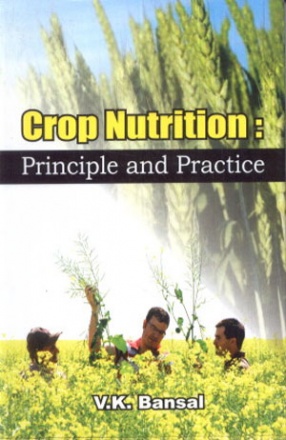
The goal of the proposed program is to improve the health of poor people by breeding staple food crops that are rich in micronutrients, a process referred to here as biofortification. The Biofortification Challenge Program seeks to bring the full potential of agricultural and nutrition science to bear on the persistent problem of micronutrients malnutrition. Micronutrient malnutrition, primarily the result of diets poor in bioavailable vitamins and minerals, ...
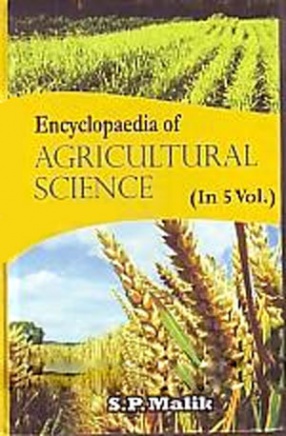

Theories systems and Paradigms psychology is the study of the way people think and behave. The field of psychology has a number of sub-disciplines devoted to the study of the different levels and contexts of human thought and behavior that includes theories, systems, and paradigms. theories, systems, and paradigms have had an important effect on psychology. A theory is a plausible or scientifically acceptable general principle or body of principles offered ...

Long before educational psychology became a formal discipline, scholars were concerned about what people think and do as they teach and learn. The Greek philosophers Plato and Aristotle discussed topics still studied by educational psychologists-the role of the teacher, the relationship between teacher and student, methods of teaching, the nature and order of learning, the role of affect in learning. In the 1500s the Spanish humanist Juan Luis Vives emphasized ...
